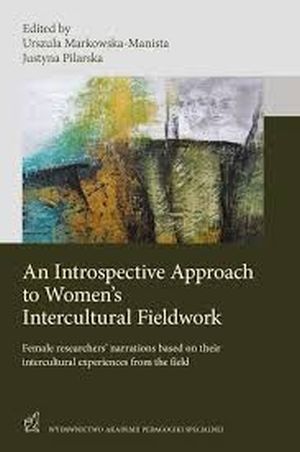Note about the book:
The book Introspective Approach to Women's Intercultural Fieldwork, edited by Urszula Markowska-Manista and Justyna Pilarska, is a very extraordinary and valuable monograph. Its originality lies with its innovative juxtaposition of three discursive dimensions: female voice in research, theoretical and methodological dilemmas of fieldwork and its application to distant environments. As such, the book combines two main threads of thought: On one hand it confronts a reader with questions such as: Does something like female research exist? In what way is female researcher situation different from that of man researcher; does (and how) this influence the research (selection of research problems, methodology, interpretation)? Secondly, the authors challenge the readers with the dilemma whether (and how) cultural remoteness of a cultural phenomenon studied affects the research process, and with what implications.
Step by step, the authors unfold various aspects of the female research perspective. They convincingly show that women researchers (because they are women?!) contribute to the growth of humankind knowledge: They take part in the reconstruction of contemporary history by researching the role of women in history; By being able to reach women and ask uncomfortable questions they enrich ethnographic research; They also enrich the research by posing research questions which are relevant for women, particularly for their emancipation and freedom.
By opening new topics and new perspectives, the authors enrich the discussion on fundamental research dilemmas about the normative nature and function of research, the role of researcher in qualitative studies, the relationship between the subject and object of research and similar. Moreover, by detailed and emotional (sometimes heart-breaking) descriptions of personal research experience the authors show how tightly research and life are intertwined, whether the researchers (male or female) make this connection visible or not, and therefore this visibility makes the findings even sounder.
From the review by prof. Klara Skubic Ermenc
 EN
EN




